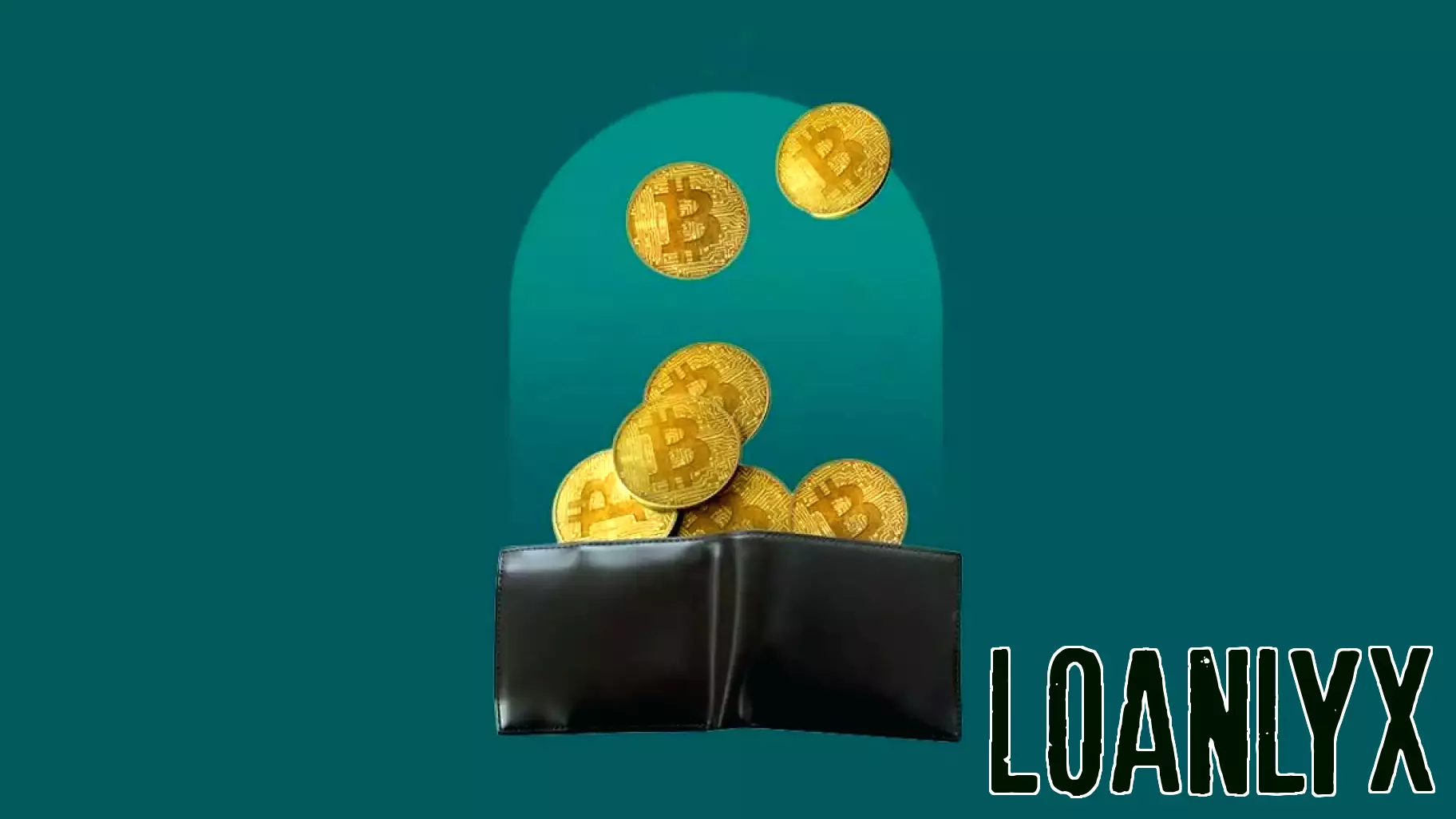Understanding DeFi: A New Era of Decentralized Finance
January 16, 2025 - 02:41

DeFi, or decentralized finance, represents a transformative approach to traditional financial systems, leveraging blockchain technology to enable peer-to-peer transactions. This innovative model eliminates the need for intermediaries like banks, allowing users to engage directly with financial services. By utilizing smart contracts, DeFi platforms facilitate a range of financial activities, including lending, borrowing, trading, and earning interest on digital assets.
One of the key advantages of DeFi is its accessibility. Anyone with an internet connection can participate, making financial services available to individuals who may have been excluded from conventional banking systems. Additionally, DeFi offers increased transparency, as all transactions are recorded on the blockchain, providing an immutable and publicly verifiable ledger.
However, the DeFi landscape is not without its challenges. Issues such as security vulnerabilities, regulatory uncertainty, and market volatility pose risks to users. As the ecosystem continues to evolve, it is crucial for participants to remain informed and cautious while navigating this rapidly changing financial frontier.
MORE NEWS

December 14, 2025 - 18:48
The Push to Return to the Office: Is Quitting the Right Choice for You?As companies ramp up their return-to-office mandates, many employees are feeling the pressure to comply. For some, this shift may not align with their personal or professional goals, prompting...

December 14, 2025 - 02:23
Leadership Changes at Utkarsh Small Finance BankUtkarsh Small Finance Bank Limited has recently unveiled significant leadership appointments aimed at strengthening its management team. The bank is set to enhance its operational efficiency and...

December 13, 2025 - 22:37
Mutuum Finance Achieves Key Milestones in DeFi DevelopmentDUBAI, United Arab Emirates, Dec. 13, 2025 — The decentralized finance (DeFi) sector is witnessing significant progress, as analysts suggest it is entering a transformative phase. Mutuum Finance ...

December 13, 2025 - 07:30
Planning for Retirement: Navigating Risks with LifePath StrategiesEvery day, approximately 11,000 Americans reach retirement age, and with increased life expectancy, the need for effective long-term investment strategies has never been more critical. Experts...